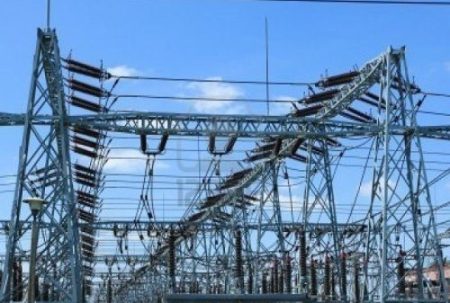By the end of October 2024, Nigeria is expecting to import approximately 688,793 metric tonnes of bulk wheat. This significant importation aims to alleviate the rising cost of food products, ensuring essential goods become more affordable for the country’s inhabitants. The unloading process for wheat has already commenced, with seven vessels of varied sizes scheduled to arrive at four major seaports. This operation commenced on October 23 and is expected to culminate by October 30. The seaports designated for this wheat importation include Apapa and Tincan ports in Lagos, as well as ports in Calabar and Rivers States, highlighting the logistical efforts being made to address the food supply concerns in the nation.
In July 2024, the Nigerian government introduced a 150-day duty-free import window aimed at specific food commodities, including wheat, to combat escalating food inflation. This policy was intended to facilitate the inflow of food imports by removing or drastically lowering import duties and value-added taxes to make imported food products cheaper for Nigerian consumers. It was conceptualized as a necessary response to the various factors contributing to food shortages and rising prices in Nigeria. However, there have been significant impediments to its effectiveness, particularly the lack of clarity regarding eligible importers and the bureaucratic delays that have hindered the swift implementation of this policy.
Despite the government’s intentions, imported food inflation has notably risen, illustrating the current challenges faced in achieving the policy’s objectives. The inflation rate increased by 8.97 percent from July to September 2024, reflecting a deeper dependence on foreign food products amid local supply shortages. Year-to-date data reveal a more alarming trend, with imported food prices surging 21.14 percent since January, emphasizing the growing reliance on imports as a response to domestic food production issues. The Central Bank of Nigeria has also made substantial financial resources available, allocating ₦1.73 trillion for food imports in the first half of 2024, thereby underscoring the urgent need for intervention in the food sector.
The arrival of the wheat shipments, which began earlier this month, is part of a broader initiative to stabilize food prices. For instance, the initial vessels brought 44,946 metric tonnes to Rivers Port and an additional 18,800 metric tonnes to Calabar Port. Further shipments are scheduled to arrive at Tincan and Apapa ports, with the largest consignment anticipated to reach Apapa by October 30. The recent vessel arrivals signify the proactive steps being taken to address food insecurity while also highlighting the complexities involved in overseeing such large-scale importation efforts amidst infrastructural and bureaucratic challenges.
Various stakeholders, including experts and representatives from the Nigerian Customs Service, have expressed concerns about the federal government’s engagement in the importation process and the overall functioning of the duty-free policy. The Customs Service has indicated that they are yet to determine the specifics of these wheat shipments until the vessels officially dock at the ports. Furthermore, experts have been critical of the government, suggesting that the announcement of the duty-free policy was premature without laying down robust implementation frameworks and protocols that would ensure it effectively meets its goals.
Economists and industry experts have pointed out that the lack of proper infrastructure and the cumbersome bureaucratic process have made it difficult for the short-term importation measures to achieve their intended effects. They argue that without the necessary planning and operational readiness from government agencies, the policies become ineffective in addressing the urgent food shortages faced by the populace. The discourse surrounding these challenges reflects broader systemic issues within Nigeria’s food supply chain, underscoring the need for attentiveness and proper coordination among various governmental sectors to ensure sustainable food security in the country.














